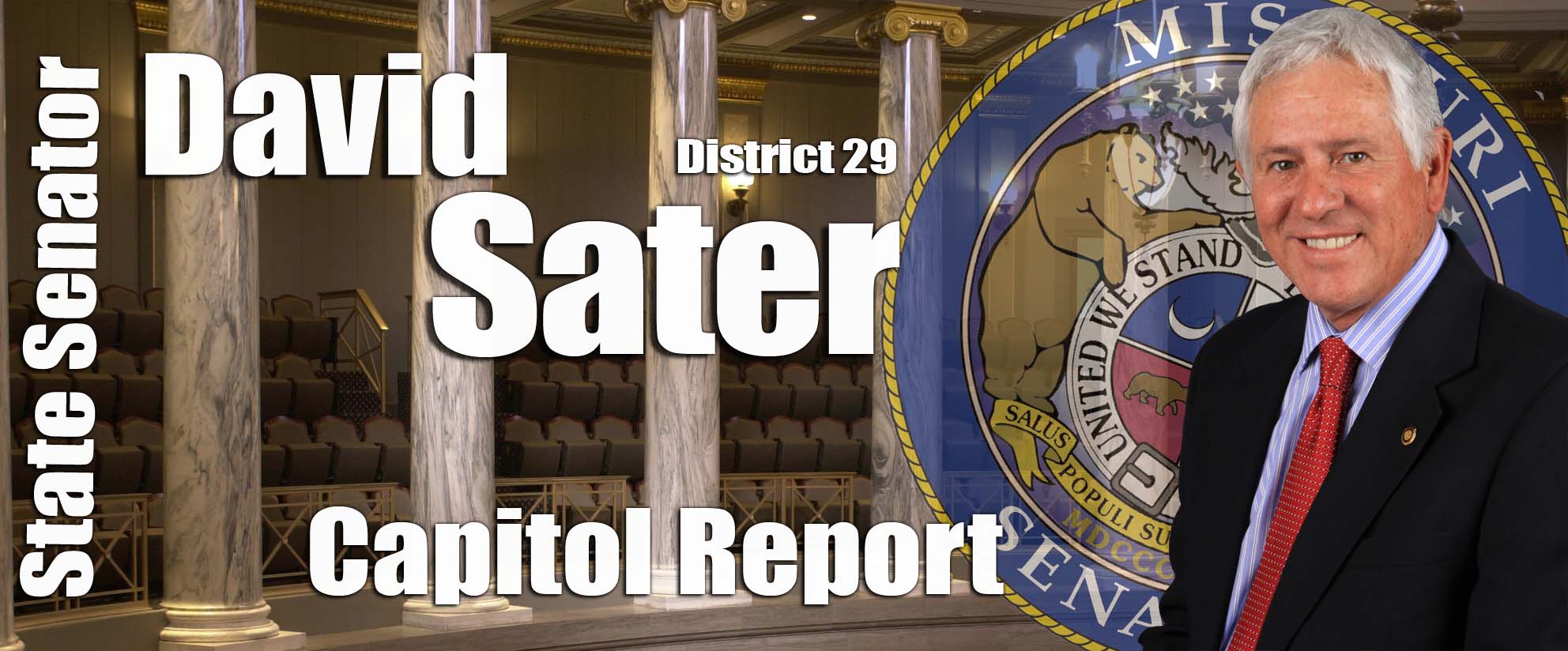Voters will have a lot of reading to do when they pick up their ballots on Nov. 6. Seven different measures, both state constitutional amendments and state statute changes, will go before voters. Understanding the ballot can be frustrating for voters, especially when you consider these controversial issues have to be explained in 100 or fewer words. Complicating matters are the advocacy and interest groups who sometimes tell half-truth no truths to present their pet issue in the best light. In this report, I will try to fairly present the ballot issues and encourage you to further your research by visiting https://www.sos.mo.gov/petitions/2018BallotMeasures where you can read the actual ballot language and a summary of each.
Amendment 1 – Redrawing Missouri’s Legislative Districts
I covered Amendment 1 in a recent op-ed in area newspapers, so I’ll keep it brief here. This is perhaps the most controversial issue on November’s ballot. It is being sold as ethics reform, but its real goal is to change the way legislative districts are drawn. It gives unprecedented authority to an unelected demographer who would draw district lines in long, thin districts forcing together urban and rural voters to satisfy the amendment’s requirement for “partisan competiveness.” The amendment’s real goal is to silence rural votes and remake the Legislature in the eyes of its partisan backers. Amendment 1 would make Missouri an outlier in the country and shift the power of the process from citizens to one person.
Amendment 2, Amendment 3 and Proposition C – Medical Marijuana
Three competing measures, two of them constitutional amendments and one a statutory change, seek to legalize medical marijuana. All three approach that purpose differently. Amendment 2 would create regulations and licensing of medical marijuana and growing facilities. Patients could grow their own marijuana in state-registered facilities, and it would be taxed at 4 percent. Amendment 3 features a higher tax at 15 percent and would create a medical marijuana research center directed by the proposal’s sponsor. Proposition C would allow medical marijuana for certain conditions at the direction of a doctor, with its 2 percent tax going to fund programs for veterans, drug treatment and early childhood education.
Amendment 4 – Bingo Gaming
This is a simple amendment that allows bingo game operators at fraternal organizations to only be members of the organization for six months before operating games. Current law requires them to wait two years.
Proposition B – Minimum Wage Increase
This measure would increase the state’s current $8.60/hour minimum wage by 85 cents per year until 2023 when it reaches $12.00 per hour. We all want to see Missouri workers make more money, but we have to ask whether the government forcing a higher minimum wage will actually do that or if it will ultimately hurt the very people it claims to help? The overwhelming majority of businesses in Missouri are small businesses on tight budgets. If they have to pay a lot more in wages without a corresponding increase in productivity, what will they do? They will be forced to either lay off workers or increase prices. Either way, it hurts those with less. It will be harder to find a job, and everyone will be paying more for the food they eat or the services they buy.
Proposition D – Fuel Tax Increase
This proposal would increase Missouri’s gas tax by two-and-a-half cents per year for four years until it reaches 10 cents. The ballot language says it will generate $288 million in funding for law enforcement, but that funding would be directed to the Missouri Department of Transportation (MoDOT) for roads and bridges. It is clear Missouri’s transportation system is stressed under its current funding, and new road projects are all but impossible without new revenue. Ultimately, the people most directly impacted, Missouri drivers and taxpayers, will decide if this is the best way to fund our roads and highways and there are many pros and cons for them to consider.
As always, I welcome your ideas, questions and concerns. You may contact me at the State Capitol as follows: (573) 751-1480, david.sater@senate.mo.gov or by writing to Sen. David Sater, Missouri State Capitol, Room 416, Jefferson City, MO 65101.
God bless and thank you for the opportunity to work for you in the Missouri Senate.

